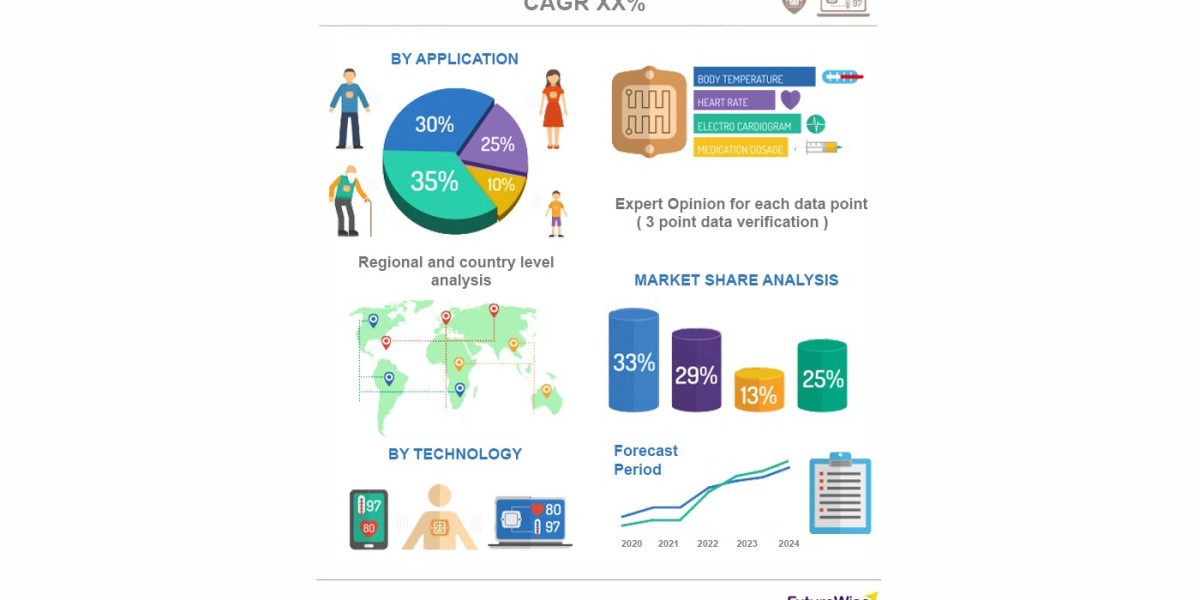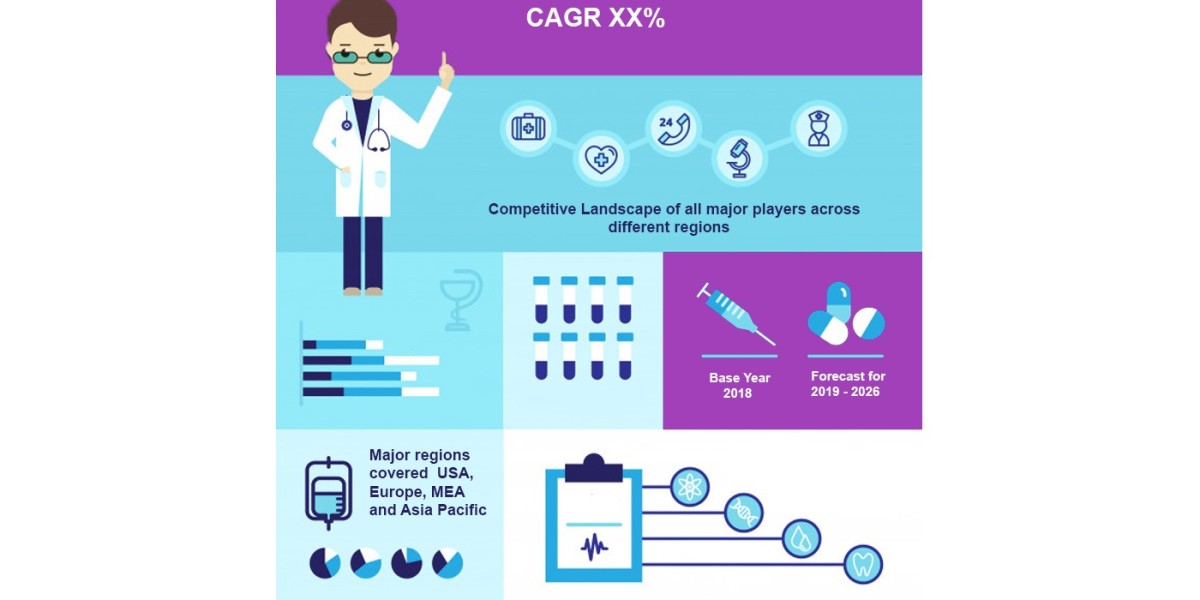Debt can be a heavy burden, affecting not just financial stability but also mental and emotional well-being. For those who find themselves in overwhelming debt situations, debt relief options can provide a path toward recovery. However, it’s important to understand the potential tax implications of debt relief, particularly regarding what’s known as the Debt Relief Tax. Help Paying Tax Debt
What is Debt Relief?
Debt relief refers to various strategies individuals or businesses can use to reduce or eliminate their debt. This can include debt consolidation, debt settlement, bankruptcy, or negotiating lower payments with creditors. While these methods can provide immediate financial relief, they often come with significant consequences, one of which is the Debt Relief Tax.
What is Debt Relief Tax?
The Debt Relief Tax refers to the Internal Revenue Service (IRS) rule that treats forgiven debt as taxable income. According to the IRS, if a creditor forgives or cancels a debt, the amount forgiven may be considered income, which means you could owe taxes on that amount.
Key Points About Debt Relief Tax
- Taxable Income: If a creditor cancels a debt of $600 or more, you may receive a Form 1099-C, Cancellation of Debt. The amount listed on this form is generally considered taxable income.
- Exemptions and Exceptions: Not all forgiven debt is taxable. Certain situations allow for exceptions, including:
- Bankruptcy: Debt discharged in bankruptcy is not taxable.
- Insolvency: If you were insolvent at the time the debt was canceled, you may not have to report the forgiven amount as income. Insolvency means that your total liabilities exceed your total assets.
- Qualified Principal Residence Indebtedness: For a limited time, certain types of forgiven mortgage debt on a primary residence may not be taxable.
- Impact on Tax Returns: If you have canceled debt, you must report it on your tax return. This could increase your tax liability, impacting any refunds you may expect or resulting in a balance due.
- Potential Penalties: Failure to report forgiven debt can lead to penalties and interest on unpaid taxes. It’s crucial to understand your obligations and file correctly.
Steps to Take if You Receive Debt Relief
- Consult a Tax Professional: If you’ve received debt relief, consulting a tax professional can help you understand your specific situation. They can assist with determining if your forgiven debt is taxable and guide you through the filing process.
- Document Your Situation: Keep all records related to your debts, including any agreements with creditors, cancellation notices, and Form 1099-C. Documentation is crucial for justifying your tax status.
- Assess Your Financial Situation: Understanding your overall financial health, including assets and liabilities, can help you determine whether you qualify for exemptions based on insolvency.
- Plan Ahead: If you expect a significant tax liability due to debt forgiveness, it may be wise to plan for it. Setting aside funds or adjusting your withholdings could help mitigate the impact when tax season arrives. Help Paying Tax Debt
Conclusion
Debt relief can provide a much-needed lifeline for those drowning in financial obligations, but it's essential to be aware of the tax implications that come with it. The Debt Relief Tax can surprise many, leading to unexpected tax liabilities. By staying informed and seeking professional guidance, individuals can navigate these challenges effectively, paving the way toward a healthier financial future.





